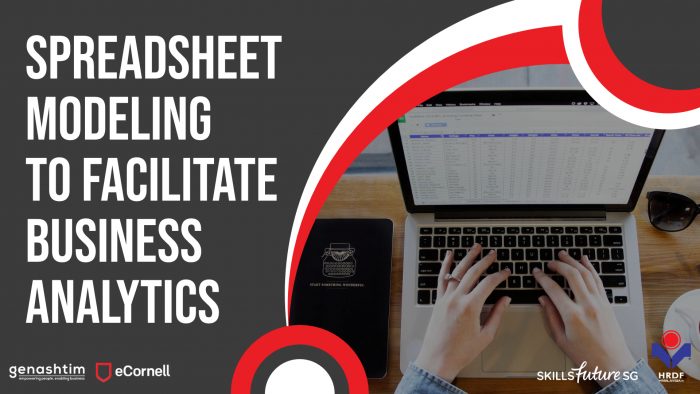Businesses today has become data driven. Spreadsheets have become a part of business and their uses are not only manifold but also pervasive. All kinds of organizations use the Microsoft Office bundle extensively across all job roles and functional groups. Spreadsheets are fairly easy to employ, particularly for non-complex data analysis and calculations. They are also helpful tools to visualize simple tabular data via charts and graphs.
Transforming Data with Intelligence (TDWI) has published an article that examines the widespread use and adoption of spreadsheets in creating tangible business analytics. The article tackles on the metaphorical challenges posed by spreadsheets and it goes on to suggest solutions, taking a “All is not lost,” tone.
“Spreadsheets proliferate like poisonous vines, slowly strangling organizations by depriving them of a single consistent set of information,” TDWI’s former director for education and research stated. The simile rings true even as today’s challenges in spreadsheet modelling and usage persist, especially amid the existence of a plethora of layered and competing analytical tools. The poisonous vines have become terrorizing triffids that rampage through data fields. As a consequence, a trail of destruction of information assets are left behind.
By far, spreadsheets are the most popular database platform used by people in business in all analytical skills level. As far as business analytics are concerned, the collaborative nature, usability, and correctness of spreadsheets are immensely useful. From a technological standpoint, spreadsheets teach the lesson in taking the correct and augmented responsibility of data management, involving the embedding of fortified data. This will eventually enable the recording of flexible and powerful data which dovetails with the analytical and operational milieus.
Intuition is not the only thing that is required to effectively solve business problems; solutions that are based on data are also needed. A business’ success depends on business analytics that identify problems, compare, forecast, and make decisions.
Take advantage of eCornell Business Analytics program to up your ante in spreadsheet usage to come up with tangible business analytics within database management and data integration systems. This is especially useful for leaders in analytics who are looking to convert data science to data engineering.
eCornell courses are approved by SkillsFuture Singapore for SkillsFuture Credit as well as by HRDF Malaysia under its SBL Scheme.

